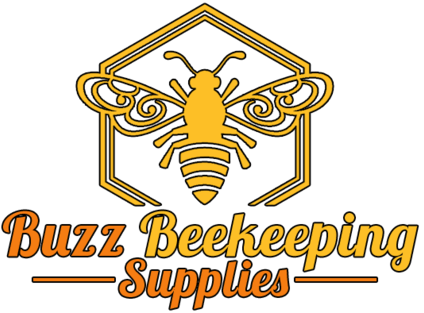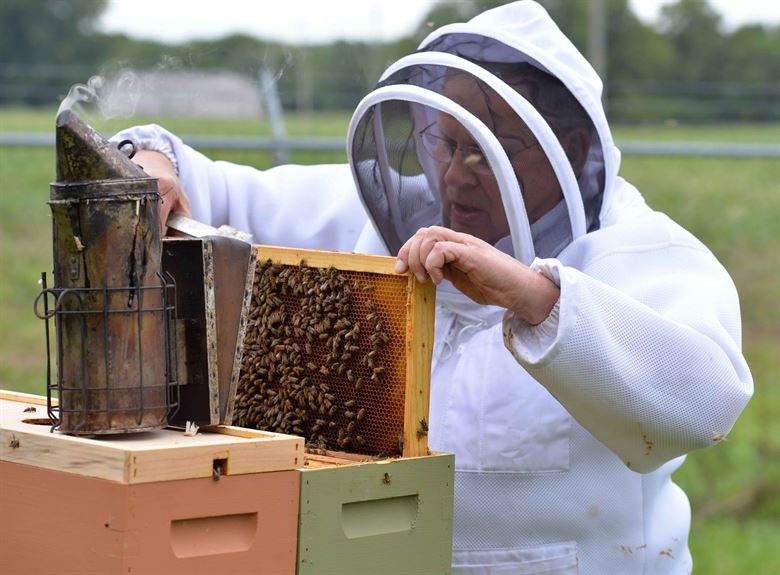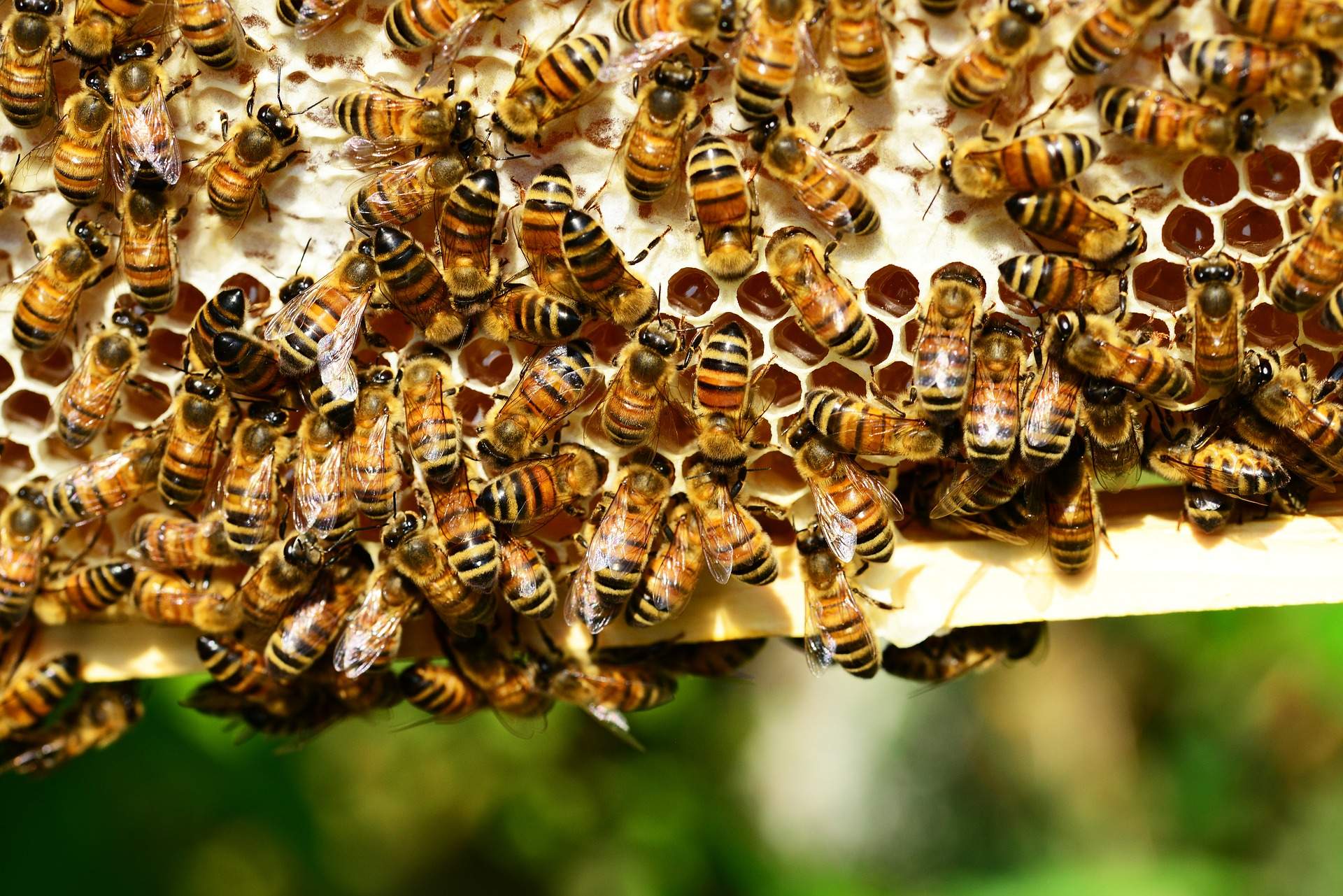Beekeeping Supplies Michigan

Beekeeping is a rewarding hobby for beginners and experienced beekeepers alike, but it requires a great amount of supplies. If you’re just starting out in beekeeping and live in the state of Michigan, you may be wondering what beekeeping supplies you need.
No matter where you are looking for beekeeping supplies in Michigan , we’ve got you covered.
Beekeeping in Michigan dates back to the 17th century when the first European settlers brought honeybees to the area.
In the early days of European settlement, beekeepers in Michigan were often called “hive-keepers” and they typically kept their hives of bees near their homes. Beekeepers were often merchants, farmers, and other tradespeople who relied on bees for their honey and wax.
According to the Michigan Beekeepers’ Association, there are at least 3,000 beekeepers registered in the state.
Beekeeper Supplies in Michigan
Typical beekeeper supplies needed in Michigan includes:
Beekeeping Woodenware
The most popular bee hive in the US is the 10-frame Langstroth hive, originally patented in 1852. This hive, for over 170 years, has been the industry standard.
Hive components are the most important supplies you will need as a beekeeper. These components include hives, frames, and foundations. A beekeeper’s choice of hive can vary, but the most commonly used hive in Michigan is the Langstroth hive. Frames and foundations come in different sizes and are the essential elements of honeycomb production. Hive components should be constructed from materials that will withstand the weather and environment.
The hive components include:
- Hive body
- Bottom board
- Honey super
- Frames
- Inner cover
- Hive cover
Beekeeper Protective Clothing
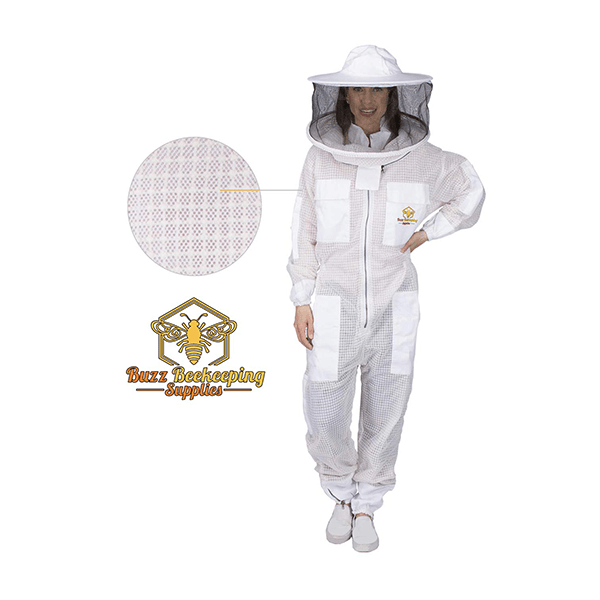
The most common protective gear for beekeepers include:
Beekeeping Suits
One of the most important pieces of beekeeping supplies is your bee suit. Unlike in other states, at the current time, beekeeping hobbyists in Michigan must use the safety of a bee suit or the frames cannot be inspected by the Michigan Department of Agriculture and Rural Development. You’ll need to make sure to select a suit that fits properly to avoid having any parts of your skin exposed to the angry stings.
Both canvas beekeeping suits and ventilated bee suits are available.
Beekeeping Jackets
Canvas bee jackets and ventilated bee jackets are available.
Beekeeping Gloves
Goatskin bee gloves and cowhide bee gloves are available.
Many times, you can purchase a combo pack of a bee suit and bee gloves at a discount.
Please note: Your beekeeping suit or beekeeping jacket should come with a veil included.
Beekeeping Equipment and Tools
Here is a list of some common beekeeping tools:
- Hive tool
- Hive smoker
- Queen marker
- Bee Brush
- Hive feeder
- Entrance reducer
The state association is Michigan Beekeepers Association.
Founded in 1882, the MBA works to promote apiculture in the state and provide helpful resources to beekeepers. They offer a range of classes on different aspects of beekeeping and host an annual beekeepers conference.
Where to buy bees and nucs in Michigan?
One of the best places to purchase queen bees, packaged bees and nucleus hives (nucs) is your local bee club.
Michigan beekeeping clubs offer a great way to network with other local beekeepers, learn techniques and best practices, and build a sustainable beekeeping enterprise. All it takes is a little research and enthusiasm to find an association that meets your needs, and you’ll be up and running in no time. So why not take the step to join one of Michigan’s beekeeping clubs and immerse yourself in this fascinating and rewarding hobby?
Here is a list of local bee clubs in Michigan:
- A2B2 (Ann Arbor Backyard Beekeepers)
- Battle Creek Bee Club
- Benzie Bee Club
- Berrien/Cass Bee Club
- Chelsea Area Beekeepers
- COMB (Center of Michigan Beekeepers)
- Copper Country Beekeeping Club
- Escanaba Area Beekeepers
- Fremont Area Beekeepers
- Grand Rapids Area Beekeepers
- Grand Traverse Area Beekeeping Club
- Holland Area Beekeepers Association
- Kalamazoo Bee Club
- Little Traverse Bay Beekeepers Guild
- Lost Nations Beekeepers Association
- Mid-Michigan Beekeepers club
- MOMBA (Middle of the Mitten Beekeepers)
- Muskegon Area Beekeepers Club
- Napoleon Bee Club
- Northwoods Beekeepers
- Oakland Beekeepers Club
- Pine River Bee Club
- River Raisin Beekeepers Club
- Saginaw Valley Beekeepers Assoc. (SVBA)
- Scottville Beekeepers of Mason County
- SEMBA (Southeastern Michigan Beekeepers Association)
- Seven Ponds Beekeepers
- Sunrise Side Beekeepers
- Superior Beekeeping Club
- Sustainable Beekeepers Guild of Michigan
- Sweet on Detroit Beekeeping Club
Beekeeping Regulation in Michigan
The Michigan Department of Agriculture and Rural Development (MDARD) regulates the keeping of honey bees in the state.
Michigan Beekeeping Laws
beekeepers in Michigan must register their apiaries with MDARD in order to ensure their hives are legal. In addition, all new colonies must be issued a registration certificate within 10 days of installation in the state.
In addition, Michigan law requires all beekeepers to keep records of their hive management and harvest. This is important for both the health of the bees and to keep track of the amount of honey produced each year.
Michigan also has laws regarding the movement of bees across the state. Apiaries must be registered with the MDARD and inspected for diseases before being moved more than 5 miles from their starting point.
Lastly, it’s important to note that the presence of Africanized honey bees (AHBs), or “killer bees”, is prohibited in Michigan. Any hives that test positive for Africanized honey bees must be destroyed and reported to the MDARD for investigation.
The beekeeping laws in Michigan can vary, depending on which city or county you reside or keep bees.
Honey Varieties in Michigan
There are a variety of different types of honey produced in Michigan, including clover honey, buckwheat honey, goldenrod honey, and wildflower honey. Each offers its own flavor and color, as well as its own uses.
Selling Honey in Michigan
License and Permission Requirements
- In order to sell your honey as a beekeeper in Michigan, you must obtain a license through the state’s Department of Agriculture and Rural Development (MDARD). This license will allow you to sell your product wholesale. If you want to sell retail, you must partner with a retailer or farmers market that has a food establishment license.
- In addition to obtaining a license, if you plan to process your honey in Michigan, you must register your site with the MDA Board of Apiarists. This registration allows you to conduct inspections of the apiary, manage colonies, and sell products. This registration must be renewed annually.
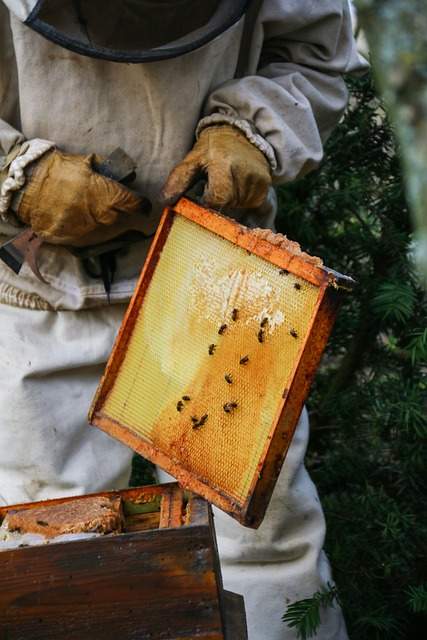
Honey Labeling Requirements
It is important to properly label and package your honey. This will help to market your product and prevent health issues in consumers. You must label your jar with the following information:
- Name of the honey
- Describe its source
- Volume of the product
- Place of business
- Country of origin
- Ingredients and nutrition facts
- Processor’s registration number
- Date of production
- Name of the producer
- Allergens
- Price
- Net content
- A statement warning of any potential glass fragments
When packaging your honey, you must use glass containers that are impermeable and provide a secure seal. This will protect your honey from possible contamination. If you are planning to ship your honey, you must also ensure that it is packaged properly to reduce any chances of leakage or contamination.
Conclusion
As you can see, getting started with beekeeping requires a range of beekeeping supplies which can vary from beginner needs to more advanced needs.
Before getting started in beekeeping, Michigan beekeepers will need to take stock of what beekeeping supplies they need and plan accordingly. Even experienced beekeepers may find new items they need as they advance in the hobby.
Frequently Asked Questions
What should I look for in a beekeeping supplier?
- When you are looking for the best beekeeping supplies in Michigan, it is important to keep a few things in mind. First of all, you want to make sure that the beekeeping supplies you purchase are of the highest quality. It is also important to make sure that you are buying supplies from a reputable beekeeping supplier. Lastly, you should consider the price of the beekeeping supplies, as well as the return policy of the beekeeping supplier.
Do I need any permits or licenses to keep bees in Michigan?
- Regulations may vary by city and county, but in general, beekeepers are not required to have a permit or license. It is recommended to check your local ordinances before starting a beehive.
How long will my beekeeping supplies last?
- The lifespan of beekeeping supplies depends on how well they’re maintained and how frequently they’re used. Our quality supplies are built to last and will provide you with years of use with proper care.
